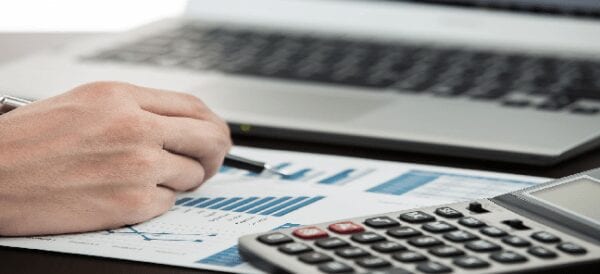There are many investment options available for Nigerian bank customers and treasury bills and fixed deposit are the most common. In this article am going to define some key terms associated with treasury bills, fixed or term deposit and other investment options.
The following terms are all you need to know and get started with investing your money in any Nigerian bank:
What do I need to run/open a fixed deposit account with the Bank: If the customer has a current or savings account with the Bank, A duly signed letter of authority instructing the Bank to debit the proposed amount from the customer’s respective account will suffice. Such instruction from the customer will include specific details needed to book the fixed deposit such as customer’s account number, amount to be booked, tenor of deposit and the agreed rate. If the customer is not an account holder in the bank, he will have to open a fixed deposit account. (Refer to account opening documentation)
What is the minimum and maximum tenor obtainable: Minimum tenor on fixed deposit is 30 days, whilst the maximum is as determined by the Bank based on current money market realities.
How is the interest accrued on a deposit calculated: The interest accrued is calculated on simple interest basis.
What amount is deducted as Withholding Tax (WHT) and how is it calculated: WHT charge is 10%. It is calculated as 10% of total accrued interest earned in a particular period on the fixed amount.
How can I liquidate my Fixed/Call Deposit: A duly signed letter of authority instructing the Bank to liquidate the fixed/call deposit will suffice.
What are Treasury Bills: Treasury bills are government guaranteed debt instruments issued by CBN on behalf of FGN to finance short-term expenditure.
What are Treasury Bills rates: There are no specific rates for Treasury Bills as purchase is done through a bid/auction system organized by the CBN or through the Two Way Quote Market.
What tenors are available for Treasury Bills Investment: Treasury Bills could either be 91, 182 or 364-Days tenor.
What is MPR: MPR means Monetary Policy Rate. It is a bench mark rate introduced in 2006 to replace the Minimum Rediscount Rate (MRR). It serves as an indicative rate in the inter-bank market.
What is the current Monetary Policy rate (MPR): MPR is currently 12% (However this is subject to change at the discretion of the Monetary Policy Committee).
What is the Interbank Market: The Interbank market is a medium by which Banks avail themselves of short term funds on a daily basis to meet their short term liquidity needs. Trading is usually done between Banks and Discount Houses only and the market is open from 10.00hrs ” 14.00hrs.
What does NIBOR mean: NIBOR is the Nigeria Inter Bank Offered Rate and it is determined by the Financial Markets Dealers Association (FMDA) with reference to various selected Banks. It is the average rate at which money is traded daily in the interbank market for various tenors.
What does OBB and FBB mean: OBB means Open Buy Back and FBB means Fixed Buy Back. They are both products available in the interbank market that enables Banks access short term funds using their Government securities as collateral. The difference between the OBB and FBB is that OBB is open ended (i.e. like a call deposit) while FBB has a fixed tenor.
I hope this article helps, kindly share with your friends who may be in need of this information to invest their money.































